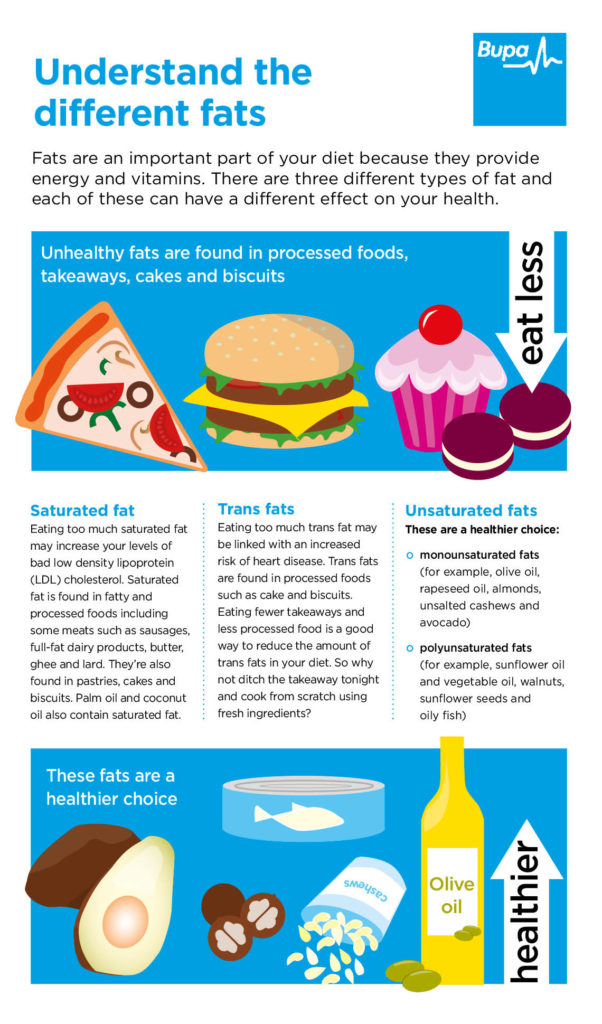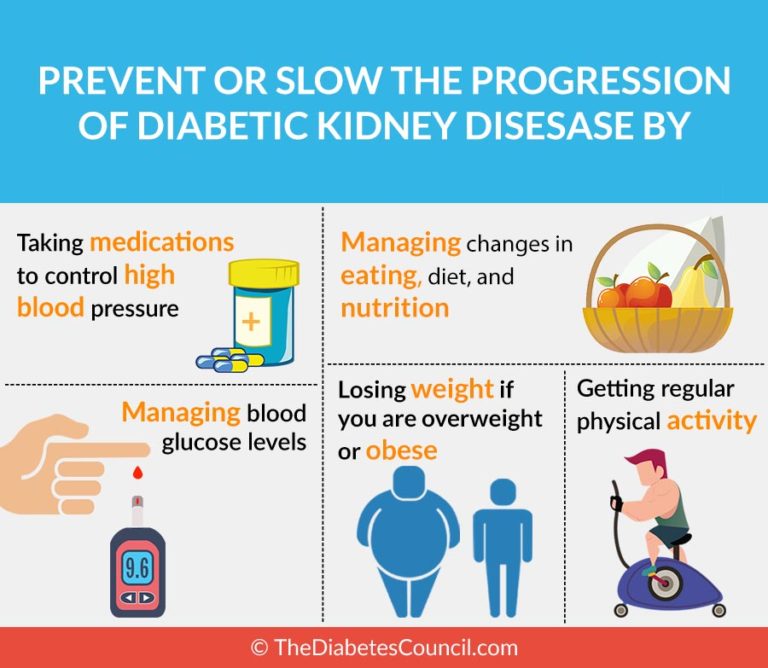What is Diabetes and chronic kidney problem
Diabetes is a condition in which the body’s ability to react to the hormone insulin is impaired. This results in the accumulation of unwanted carbohydrates in the body. It also results in increased glucose levels in the blood. Thus, this disease is caused when your metabolism becomes slow due to a sedentary lifestyle. It is one of the causes of chronic kidney disease.
Chronic kidney problem is a malady in which the kidney malfunctions over a period. This disease does not provide any early warnings; however, later conditions like vomiting, loss of appetite, fatigue may be experienced. Further complications may also include bone disease, anemia, heart disease and high blood pressure. 
What Causes Diabetes and CKD
Type 1 diabetes occurs when the body’s immune system destroys insulin-producing cells of the pancreas. Type 2 diabetes has many causes with genetics and lifestyle being the most important ones. Type 2 diabetes can also be hereditary. Common warnings that the body gives when diabetes has set in are:
- Increased hunger
- Increased thirst
- Dry mouth
- Frequent urination
- Unexplained weight loss
- Fatigue
- Headaches
- Blurred vision
Diabetes is a hereditary or chronic condition or both. It is associated with high levels of sugar in the human blood. Thus, the main cause of diabetes is the increased levels of glucose in the blood.
Chronic kidney disease can be caused by type two diabetes and blood pressure. These two are the main causes of this disease in two-thirds of the medical cases in the USA. When these two diseases are controlled, chronic kidney disease will automatically remain under control. The kidneys can also be damaged by sudden drop in blood flow to them. Dehydration can also harm the kidneys. Some over the counter and prescription drugs are also said to damage the kidney. They may be the cause in almost 1 in 3 new cases of chronic kidney disease in the US.
How To Manage Diabetes and CKD
Diabetes is managed by lowering the blood glucose levels in the body. This may be done by any of the following:
- Drinking more water
- Regular exercise
- Snacking on proteins
- Controlling carbohydrate intake
- Controlling stress levels
- Following potion control when eating
- Regular monitoring of blood glucose levels
- Choosing foods with low glycemic index
- Increasing fiber intake
Even without losing a pound of weight, one can keep the blood sugar levels manageable. This can be done by doing regular physical activity like jogging, walking or yoga. These activities tend to push the excess glucose in the blood to the cells, which synthesize them.
Often chronic kidney disease has no cure. However, if the cause of the disease can be established, it can be controlled. Stage 3 chronic kidney disease patients can undertake the following diet and nutrition goals to keep the disease in check:
- Counting the calories one eats
- Eating the right kinds of fats
- Monitoring of potassium levels
- Decreasing sodium intake
- Reducing intake of phosphorus
Chronic kidney disease if severe can even lead to death of the patient. Therefore, prevention is better than cure.

